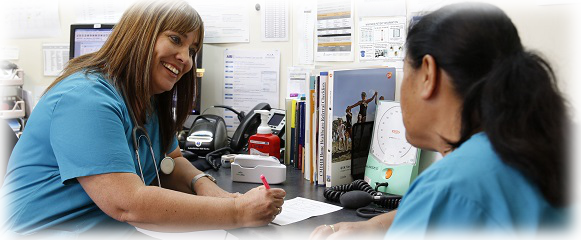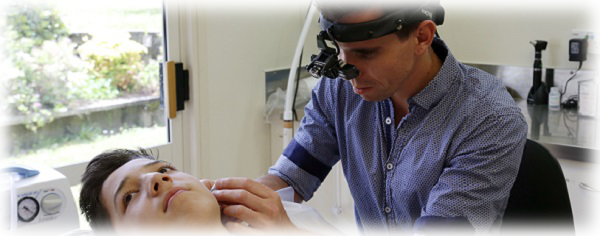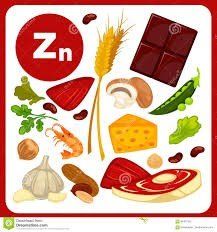21 April 2020 Millhouse Update 6
Dear Valued Millhouse Patient
Day 27 of the Covid-19 lockdown period. Its natural to have mixed feelings in face of the decision announced yesterday to defer moving to Level 3 till next week. This will have been a challenging choice to make and with our "team of 5 million" we must continue to support the future direction and timing.
Early on Sunday I took Pearl, our collie dog, to Cockle Bay for her regular tennis ball workout, and to experience the warmth of the sun's rays as I walked - and she ran - the beach. I mused that in the previous week winter rains seemed to be beginning and we will soon enter the winter season of increasing colds, coughs and influenza. The last thing we need is to confront both Covid-19 and the influenza viruses.
Many of you have already received the FLU vaccination and more are booked for the immunisation, but there are others, who are at risk of serous chest infections, who should consider the immunisation.
Don't forget VITAMIN D. You know I'm a fan of Vitamin D and I recommend that all, from the young to the old, take as a supplement this winter, except for those known to have raised-calcium disorders (hyperparathyroidism, sarcoidosis, kidney stones etc). On April 8, Boston researchers released a predictive study where the outcomes of Covid patients from high mortality countries, who had experienced the life-threatening cytokine storm event, were compared with the national 2007-08 vitamin D levels from the same countries. Their analysis, which assumes past Vitamin D levels may predict the current levels, suggested that if vitamin D deficiency was corrected with supplementation, there may be a 15% reduction in the number of severe COVID-19 cases. As I have mentioned before, Vitamin D has many actions which include improving immune function, regulating cytokine storm inflammation and providing protection for the lung-kidney connection.
Zinc and the Immune System.
I always remember a study when mother mice were given a zinc-deficient diet and their off-spring were found to exhibit immune deficiency for six months; the second and third generation of mice were given a normal diet but were also affected, though to a lesser degree. Zinc is an essential nutrient for humans, involved in over 300 enzyme reactions. Raising levels of this essential element is able to increase white blood cell counts in zinc-deficient patients, but also improves immune response in healthy patients. Zinc lozenges and oral tablets are known to shorten the duration of colds in children and adults.
Laboratory studies show that the zinc ion can block COVID-19 virus replication (and other RNA viruses including dengue, HIV and influenza) in the human cell by inhibiting RNA polymerase enzyme. Water-soluble zinc is not well absorbed, and higher doses often cause uncomfortable gut symptoms, but there are known compounds which accelerate zinc uptake into the cell. They are called zinc ionophores and the notable one currently being discussed is chloroquine. I encourage anyone interested in the science of Covid replication, zinc & chloroquine to view Dr Roger Seheult on YouTube, MedCram update 32.
However, there are naturally occurring zinc ionophore compounds. The most effective is quercetin and, to a lesser degree, epigallocatechin from green tea. Quercetin is a pigment that belongs to a group of plants called flavonoids, especially onions, apples, grapes, berries, broccoli, citrus fruits, cherries, and capers. Not only does quercetin aid the movement of zinc into the cell but it also acts as antioxidant and anti-inflammatory agent limiting cytokine release, and is able to be reduce allergic reactions and lower blood pressure. Remember to eat high quercetin-containing
foods, but supplementation is safe up to 1000mg daily. Search online for distributors.
Remember that Millhouse is your 'health care home' and if you are lonely or anxious, or have any distressing symptoms, please ring our nursing team or make a phone appointment with your doctor.
Yours in good health,
Dr Richard J Coleman








